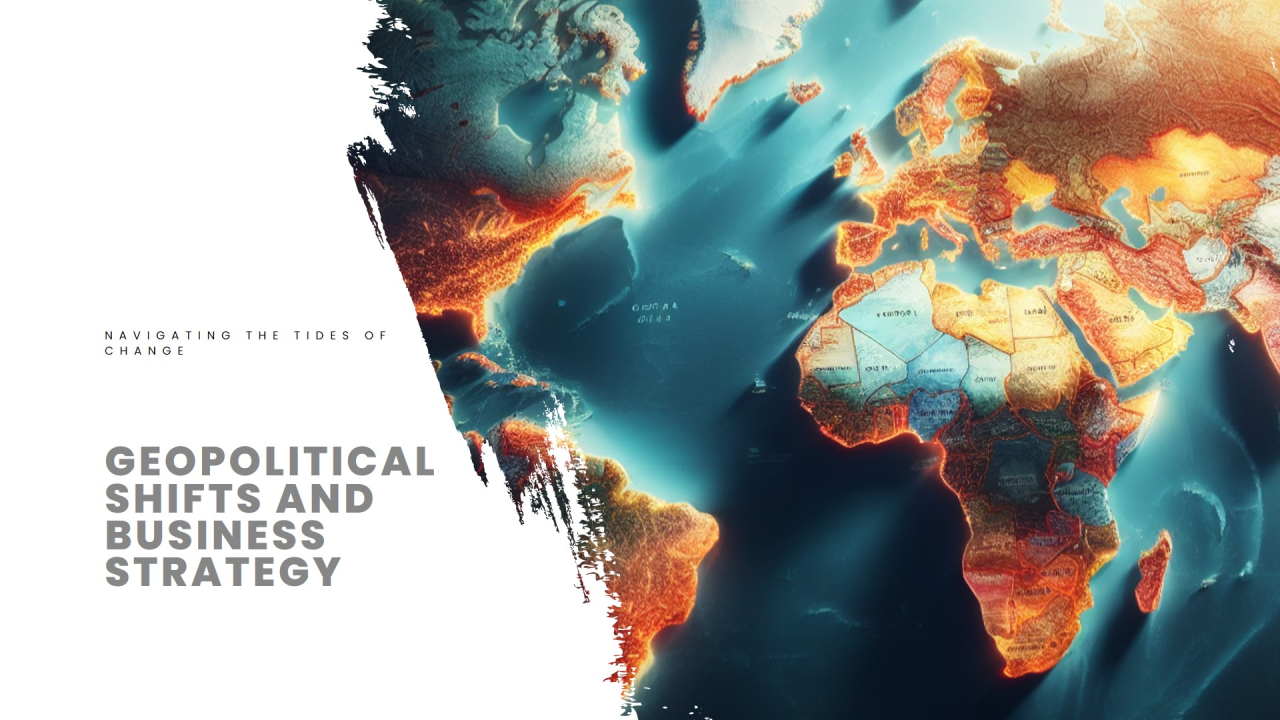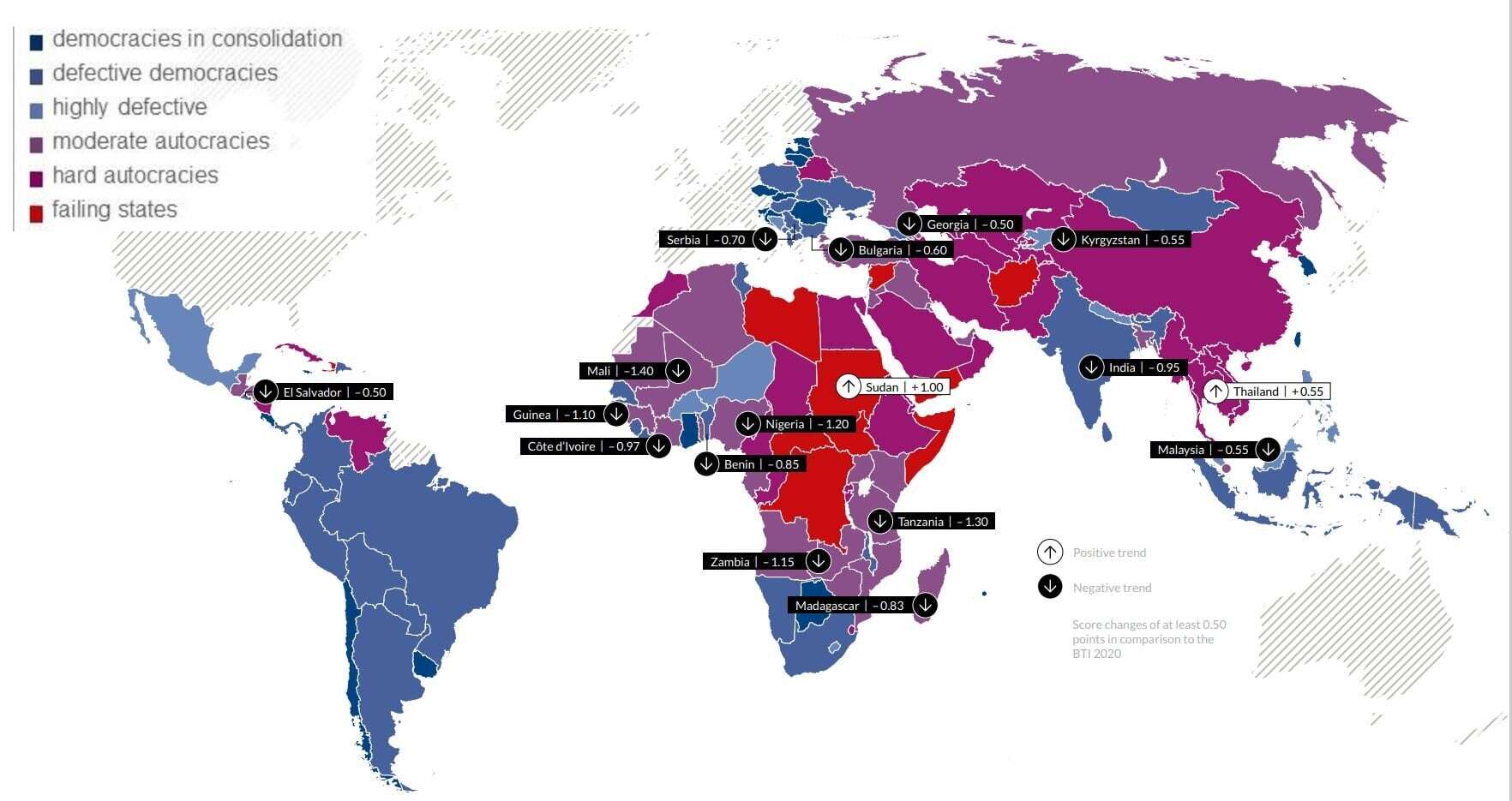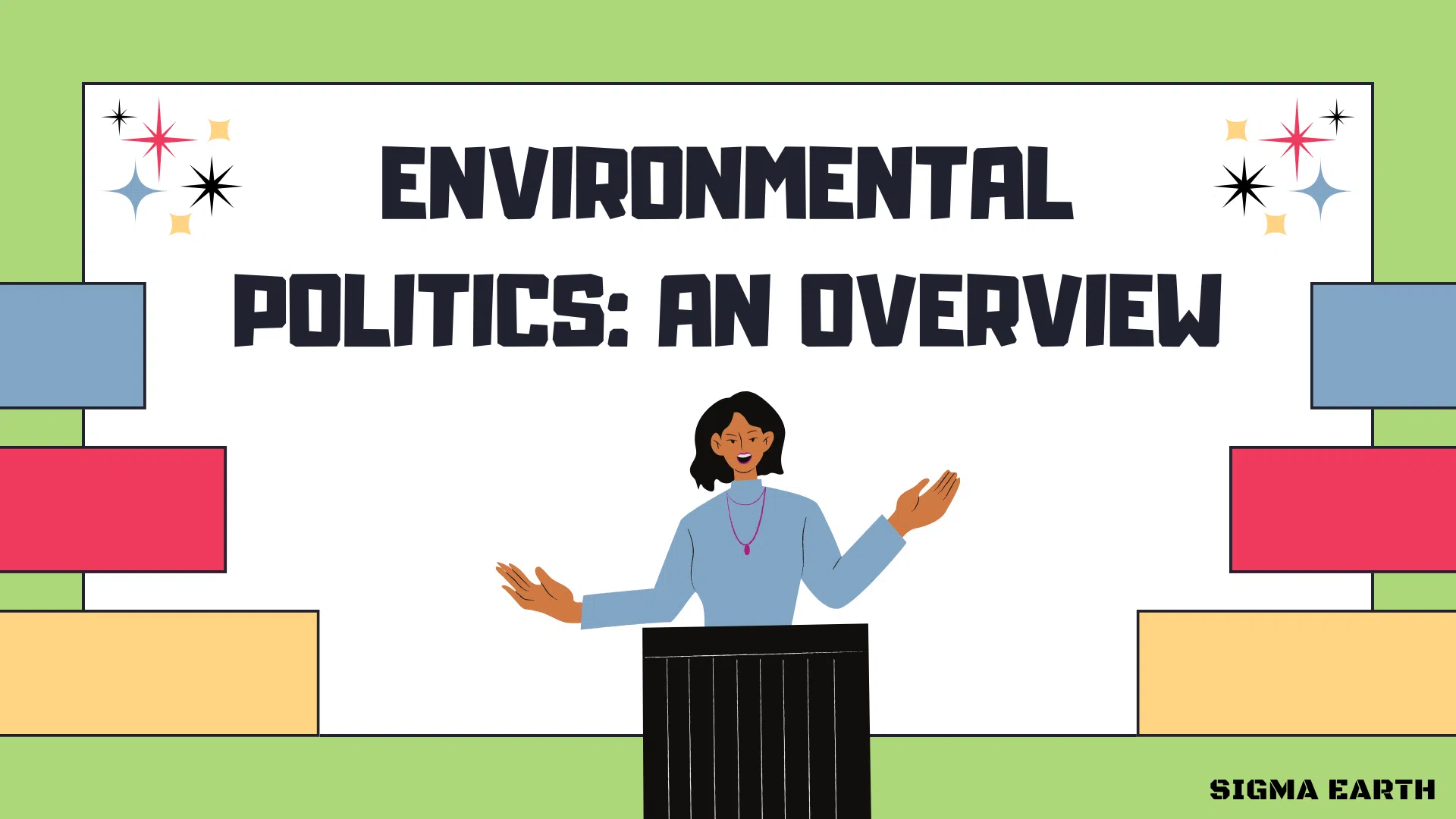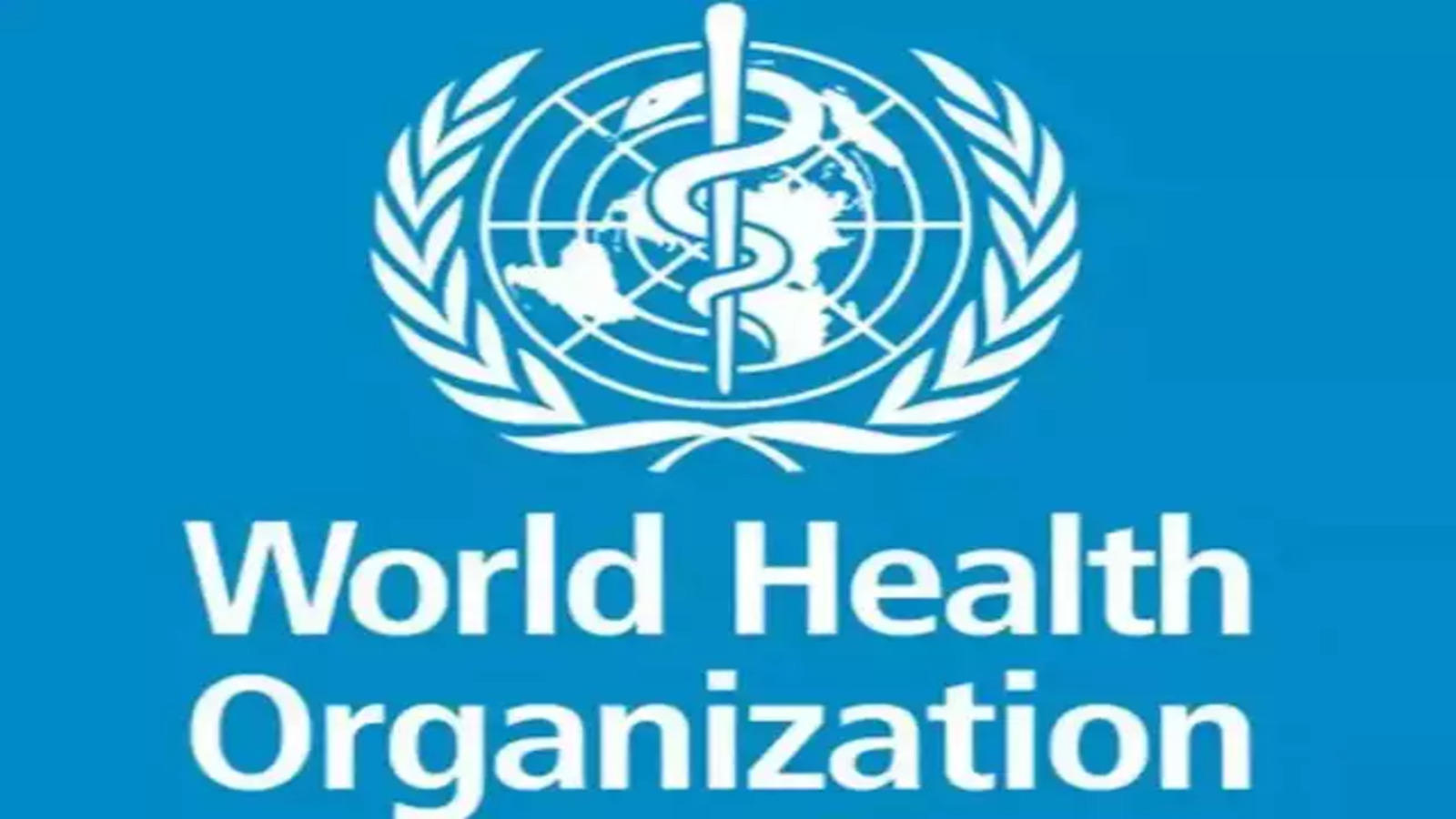Political developments shape the course of nations and the world at large, influencing economic stability, social harmony, and international relations. The contemporary political landscape is marked by significant shifts and trends that are redefining governance, democracy, and geopolitical dynamics. This article explores key political developments across the globe, highlighting the challenges and opportunities they present.
1. Rise of Populism

Populist Movements: Over the past decade, populist movements have gained momentum in various parts of the world. Characterized by anti-establishment rhetoric and the promise to represent the “common people,” these movements challenge traditional political elites and institutions. Leaders like Donald Trump in the United States, Jair Bolsonaro in Brazil, and Viktor Orbán in Hungary exemplify this trend.
Impact on Democracy: The rise of populism has sparked debates about its impact on democratic norms and institutions. While populist leaders often claim to restore power to the people, critics argue that they undermine democratic checks and balances, erode civil liberties, and promote divisive rhetoric.
2. Geopolitical Shifts

China’s Ascendancy: China’s rapid economic growth and strategic investments in infrastructure, technology, and military capabilities have positioned it as a global superpower. The Belt and Road Initiative (BRI), which aims to enhance global trade and infrastructure, exemplifies China’s expanding influence. However, this rise has also led to tensions with other major powers, particularly the United States, in what is often referred to as a new Cold War.
US Foreign Policy: Under the Biden administration, the United States has sought to reassert its leadership on the global stage, focusing on rebuilding alliances and addressing global challenges such as climate change and the COVID-19 pandemic. The shift from the isolationist tendencies of the Trump era to a more multilateral approach marks a significant change in US foreign policy.
3. Democratic Backsliding

Erosion of Democratic Norms: Several countries have experienced democratic backsliding, where elected leaders undermine democratic institutions and norms. Actions such as manipulating elections, curbing press freedom, and weakening judicial independence threaten the integrity of democratic governance.
Case Studies: In countries like Turkey, Poland, and the Philippines, democratic backsliding has raised concerns among international observers. For instance, in Turkey, President Recep Tayyip Erdoğan has consolidated power, curtailed media freedom, and altered the constitution to extend his rule.
4. Technological Influence

Digital Governance: The digital revolution is transforming governance and political processes. E-government initiatives are making public services more accessible, transparent, and efficient. However, the rise of digital governance also raises concerns about data privacy, cybersecurity, and the digital divide.
Social Media and Politics: Social media platforms have become crucial tools for political communication, mobilization, and campaigns. While they enhance political engagement, they also facilitate the spread of misinformation, polarization, and manipulation by both domestic and foreign actors.
5. Environmental Politics

Climate Change: The political response to climate change is becoming increasingly urgent. Governments worldwide are grappling with the need to transition to sustainable energy sources, reduce carbon emissions, and address the impacts of climate change. International agreements like the Paris Accord aim to foster global cooperation in combating climate change.
Green Policies: Political parties and leaders are incorporating environmental sustainability into their agendas. Green parties have gained significant influence in countries like Germany, advocating for policies that address environmental issues and promote sustainable development.
6. Social Movements and Identity Politics

Civil Rights Movements: Movements advocating for civil rights, gender equality, and LGBTQ+ rights continue to shape political landscapes. The #MeToo movement, Black Lives Matter, and other grassroots initiatives have brought issues of discrimination and social justice to the forefront of political discourse.
Identity Politics: The rise of identity politics, where political stances are based on social identities such as race, gender, and sexual orientation, is influencing electoral outcomes and policy decisions. While this can empower marginalized groups, it also risks deepening societal divisions.
7. Global Health and Politics

COVID-19 Pandemic: The COVID-19 pandemic has had profound political implications. Governments have had to navigate public health crises, economic disruptions, and vaccine distribution challenges. The pandemic has highlighted the importance of global cooperation, but it has also exposed weaknesses in health systems and governance.
Health Diplomacy: Vaccine diplomacy has emerged as a new arena of international relations, with countries leveraging vaccine distribution to enhance their global influence. Initiatives like COVAX aim to ensure equitable access to vaccines, but geopolitical competition remains a significant factor.
Conclusion
The political developments of our time are reshaping the global landscape, presenting both challenges and opportunities. From the rise of populism and geopolitical shifts to the influence of technology and the urgency of climate change, these developments demand adaptive and forward-thinking approaches from leaders and citizens alike. As we navigate this complex and dynamic environment, the pursuit of democratic principles, international cooperation, and social justice remains paramount in shaping a stable and prosperous future for all.





This insightful article on AgendaHQ provides a comprehensive overview of the ever-evolving political landscape. It’s fascinating to see how political developments are not only reshaping governance and democracy but also impacting economic stability and international relations. The analysis of key global shifts and trends offers a deep understanding of the challenges and opportunities that lie ahead. A must-read for anyone keen on understanding the current and future dynamics of global politics!